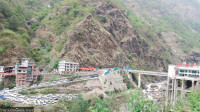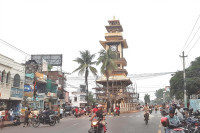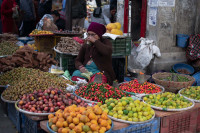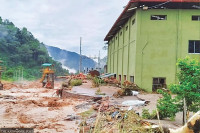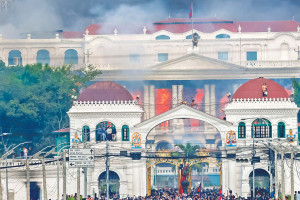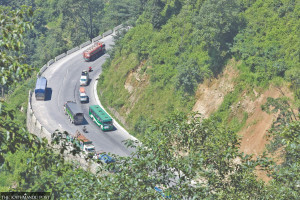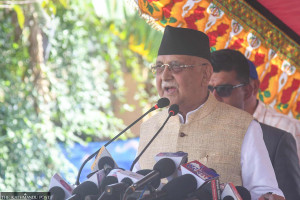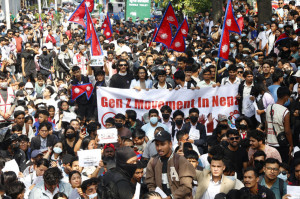Money
Quota system launched in Yarsagumba collection
The Annapurna Conservation Area Project (ACAP), in coordination with various stakeholders, has implemented a quota system for collecting Yarsagumba in order to prevent overharvesting of the herb which is used as an aphrodisiac.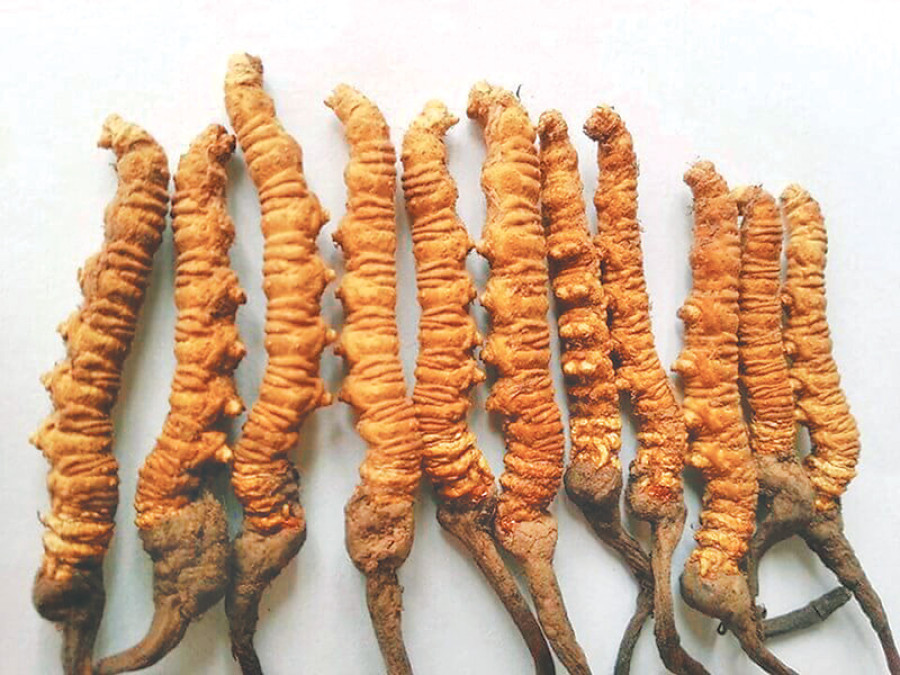
Aash Gurung
The Annapurna Conservation Area Project (ACAP), in coordination with various stakeholders, has implemented a quota system for collecting Yarsagumba in order to prevent overharvesting of the herb which is used as an aphrodisiac.
Yarsagumba, the world’s most expensive medicinal fungus, is in serious decline in Nepal due to overharvesting. The herb can fetch as much as $100 per gram on the Chinese market, making it more expensive than gold, according to reports.
As per the new quota provision, only a limited number of people will be allowed to collect Yarsagumba in specified regions. According to reports, high prices and rising demand have set off a fungus gold rush in poverty-stricken rural communities in Nepal, but the impact on biodiversity and ecosystems has received little attention.
“If regulations are not introduced, overharvesting of these plants may destroy their habitats,” said Babulal Tiruwa, chief of ACAP Manang. Prospective herb collectors will need to obtain a special permit which can be received by submitting a copy of the citizenship certificate and a photograph. Authorities have allocated collection licences to 3,135 people in Manang. Yarsagumba is found in about 13 village development committees in the district, namely Chame, Namgekharka, Nar and Tachaibagarchap. Among them, Namgekharka has allowed the highest number of collectors numbering 665. In these villages, the rules are set by their respective regulation committee.
This year, only 380 persons in Nar, 650 in Manang, 600 in Tanki and 50 in Ghyaru will get permission to collect Yarsagumba. Manang attracts hopeful collectors from as far away as Rasuwa, Dhading, Nuwakot, Gorkha, Makwanpur and other districts.
The Yarsagumba collection season lasts from from mid-April to June. Last year, local authorities charged Rs40,000 as entry fee from collectors. The charge has decreased to around Rs20,000 this year.
In Fu and Nar villages, only locals of Manang are permitted to collect the fungus. Following the deaths of seven people of Gorkha in 2010, out-of-district collectors have been barred in Manang.
Security has also been tightened with police keeping collectors under constant surveillance, according to DSP Chitra Bahadur Gurung.




 17.12°C Kathmandu
17.12°C Kathmandu.jpg)
